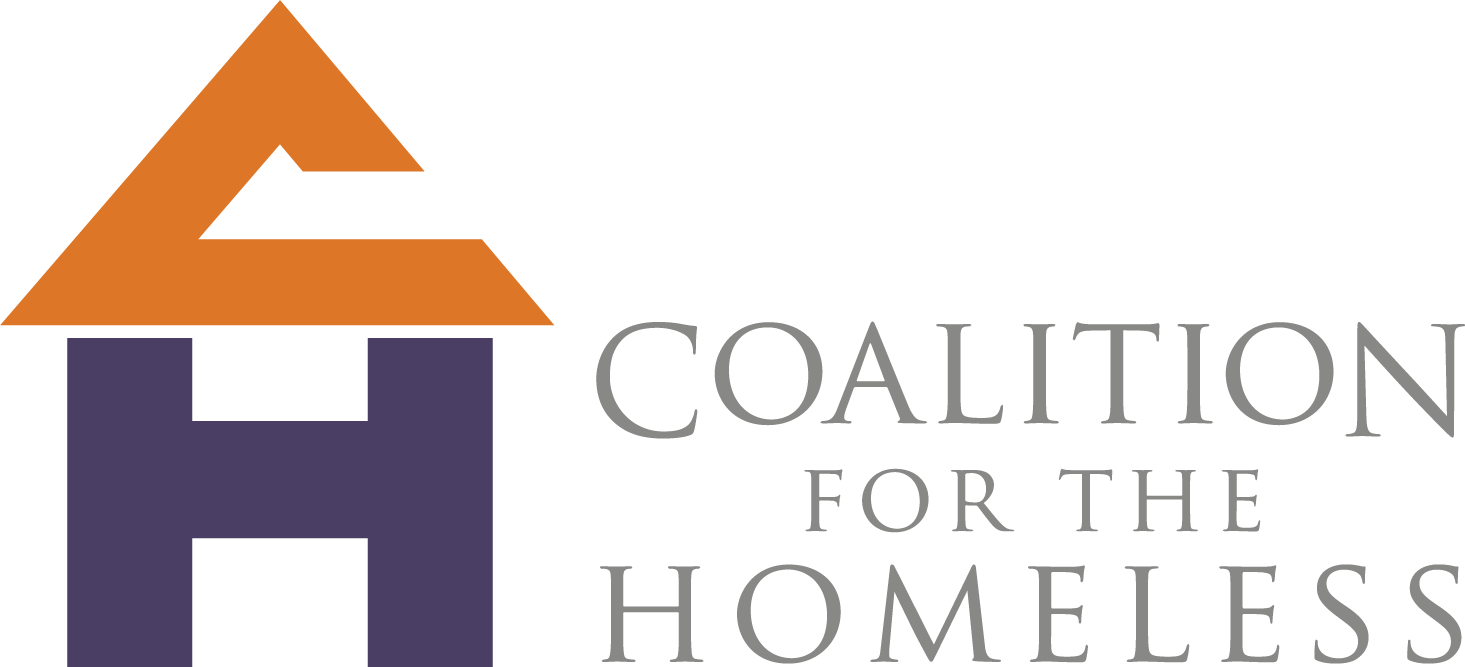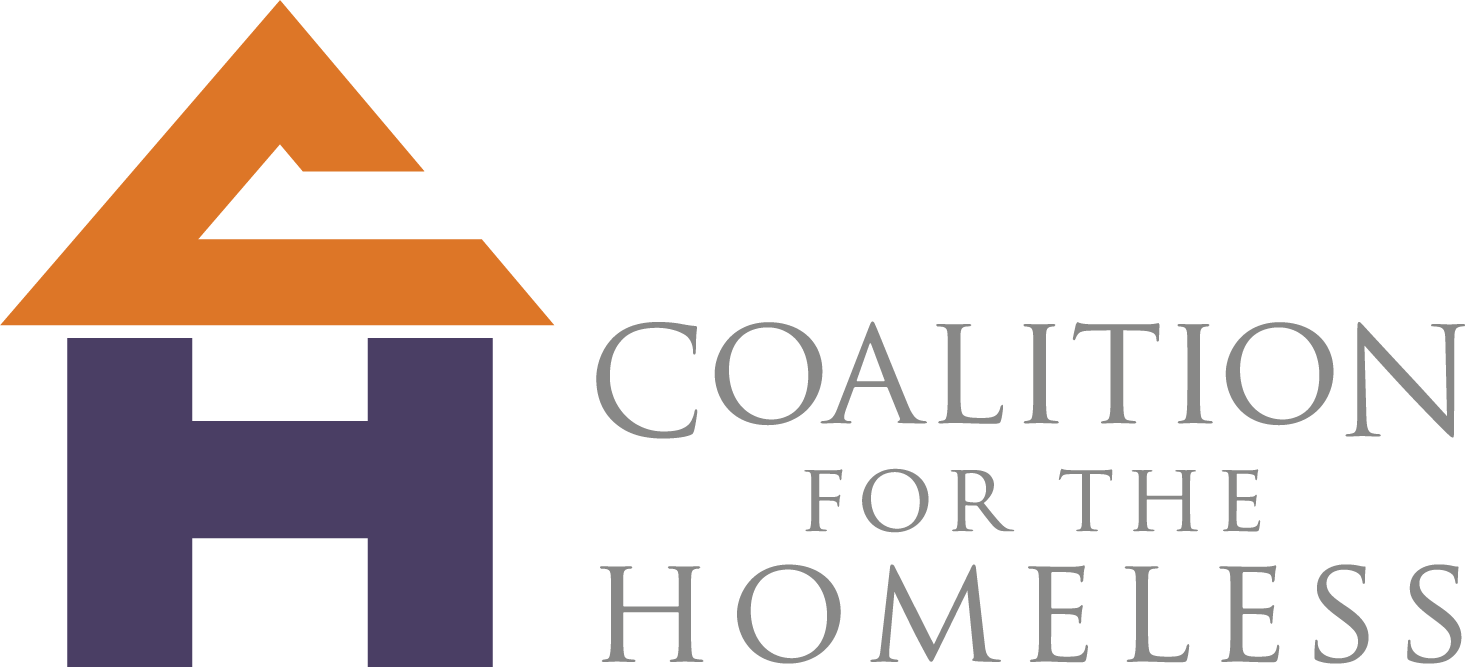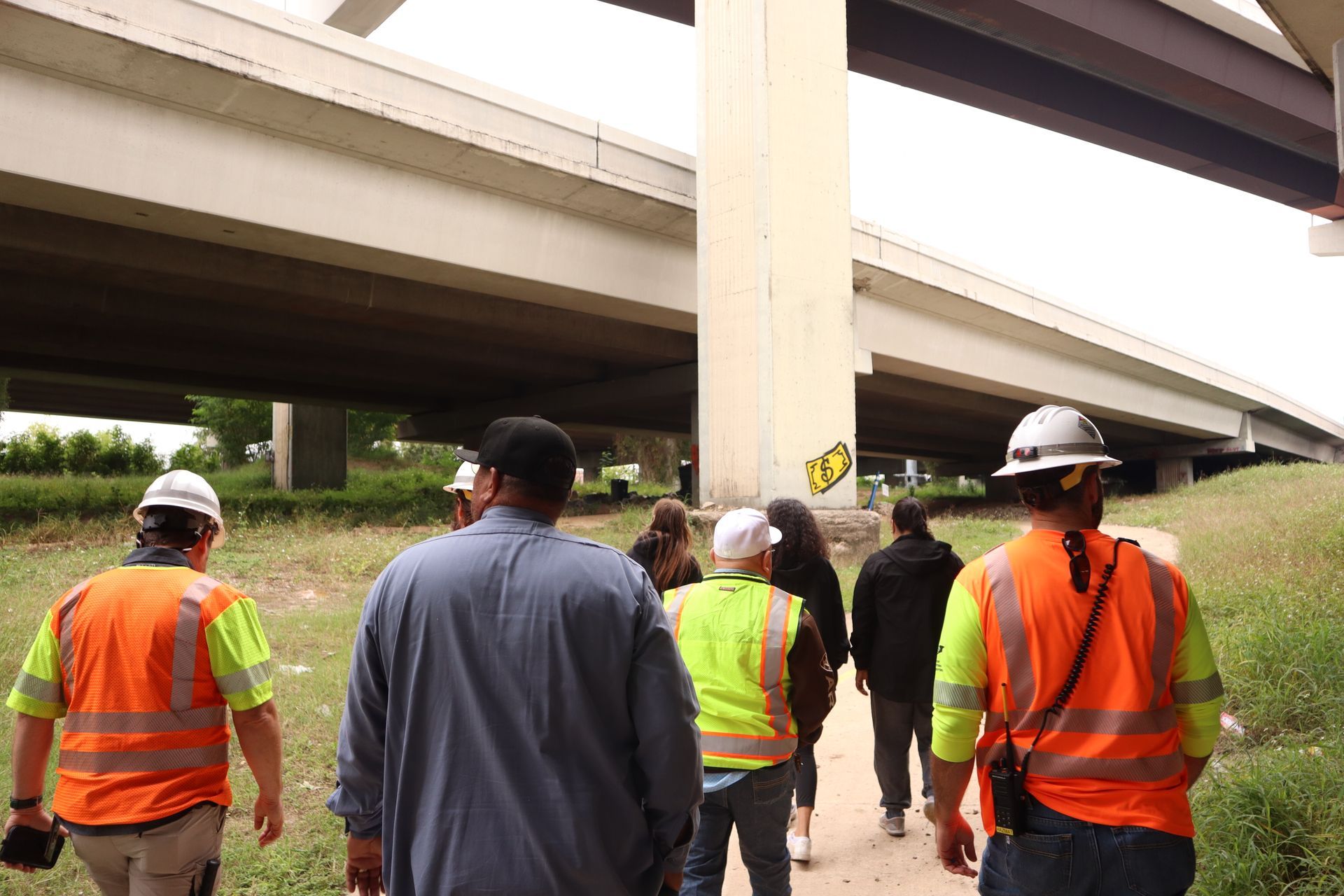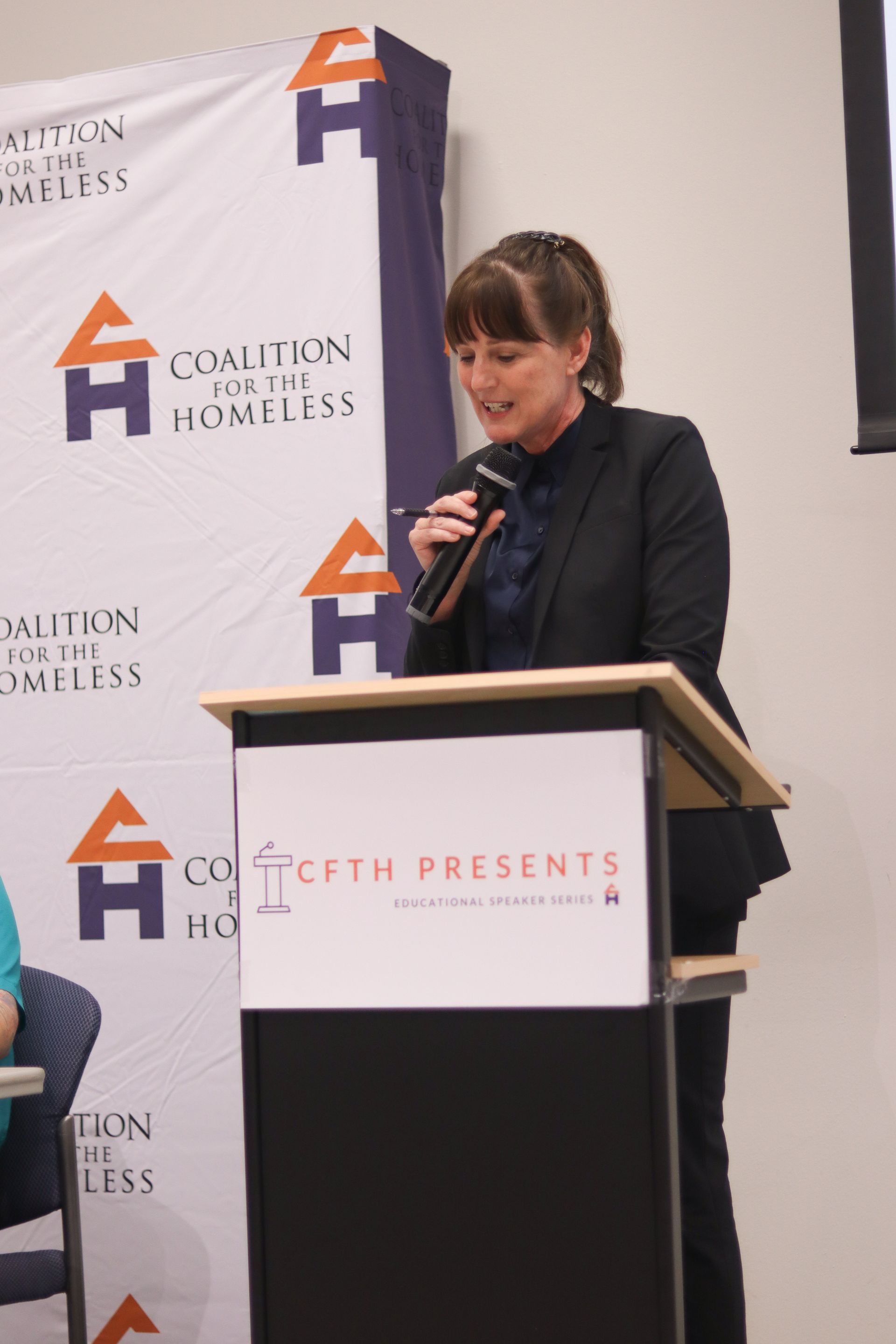Emily and Adam's Story: Part Two
Stable housing plays a vital role in people’s recovery from substance use disorders (SUDs). An inability to pay rent and the threat of losing housing can lead to stress that triggers substance misuse and relapse.
From the "National Library of Medicine: Chronic Stress, Drug Use, and Vulnerability to Addiction," by Rajita Sinha
CONTENT WARNING: The following content discusses domestic abuse and intimate partner violence. This may be upsetting to some people and triggering to readers with similar experiences.
This is part-two of a two-part series.
Imagine being so terrified of returning home that you choose to live on the street instead. Between 22 and 57% of all women experiencing homelessness report that domestic violence was the immediate cause of their homelessness. In other words, trauma is not only a consequence of homelessness, but one of the leading precursors to it as well.
This was Emily’s reality. Trauma stripped her of everything — her sobriety, a home, and ultimately her son. It led to a life on the street where she found herself repeatedly retraumatized. The irony did not escape Emily: she spent her days trying to survive and her nights wanting to die. She had only herself to depend on, until she met Adam.
The parallels in their lives were striking. Adam and Emily had both turned to drugs to numb the pain of the past. By the time their paths crossed, both had lost their homes, their identities, and any hope for the future. But hope often springs in the most unexpected places, and for Emily and Adam that place was an encampment under I-45.
Inseparable from the moment they met, the two leaned on one another heavily, forming a remarkable bond. They were desperate to stop using and attempted to do so repeatedly. But that meant going cold turkey, and cold turkey meant getting sick, and getting sick meant not showing up to the jobs they both held while living in the encampment.
People experiencing homelessness who also have SUDs typically find it difficult to address their substance use without a safe place to live, because they often use alcohol or drugs to cope with the dangers of life on the streets.
From "The American Journal of Preventive Medicine: Homelessness and Drug Use," by Timothy Johnson
Despite the small slivers of light creeping in here and there — like the updates and photographs Emily occasionally received from the family who had adopted her son, or the way Adam made Emily laugh again — they both knew that, without support, this life was not sustainable.
One morning, the Coalition for the Homeless’ outreach team showed up to give notice that the encampment where they were living would be decommissioned soon. They reassured them that anyone who wanted would be moved to the temporary navigation center to wait for permanent housing. They promised to return — a promise neither Emily nor Adam believed at the time — and then they were gone.
Two weeks later, lying sick in their tent during another attempt at getting sober, they were ready to give up. It was all too much. But just a few hours later, the outreach team pulled back up and threw them the lifeline they had promised.
With what little they owned, Adam and Emily allowed themselves to exhale a bit as they stepped into the outreach van. They moved into the temporary navigation center that very day and have been sober ever since. They have been approved for housing and are currently awaiting inspection. Emily is enrolled in EMS classes, while Adam wants to get a job helping those experiencing homelessness as a peer support person with lived experience.
Emily’s son is thriving! He turned three earlier this month and, thanks to all the support, Emily was there as he blew out the candles.
Editor's note (Aug. 17, 2022): A previous version of this blog post misstated Emily and Adam's housing status. This information has been corrected.
All Rights Reserved |
Coalition for the Homeless of Houston/Harris County






